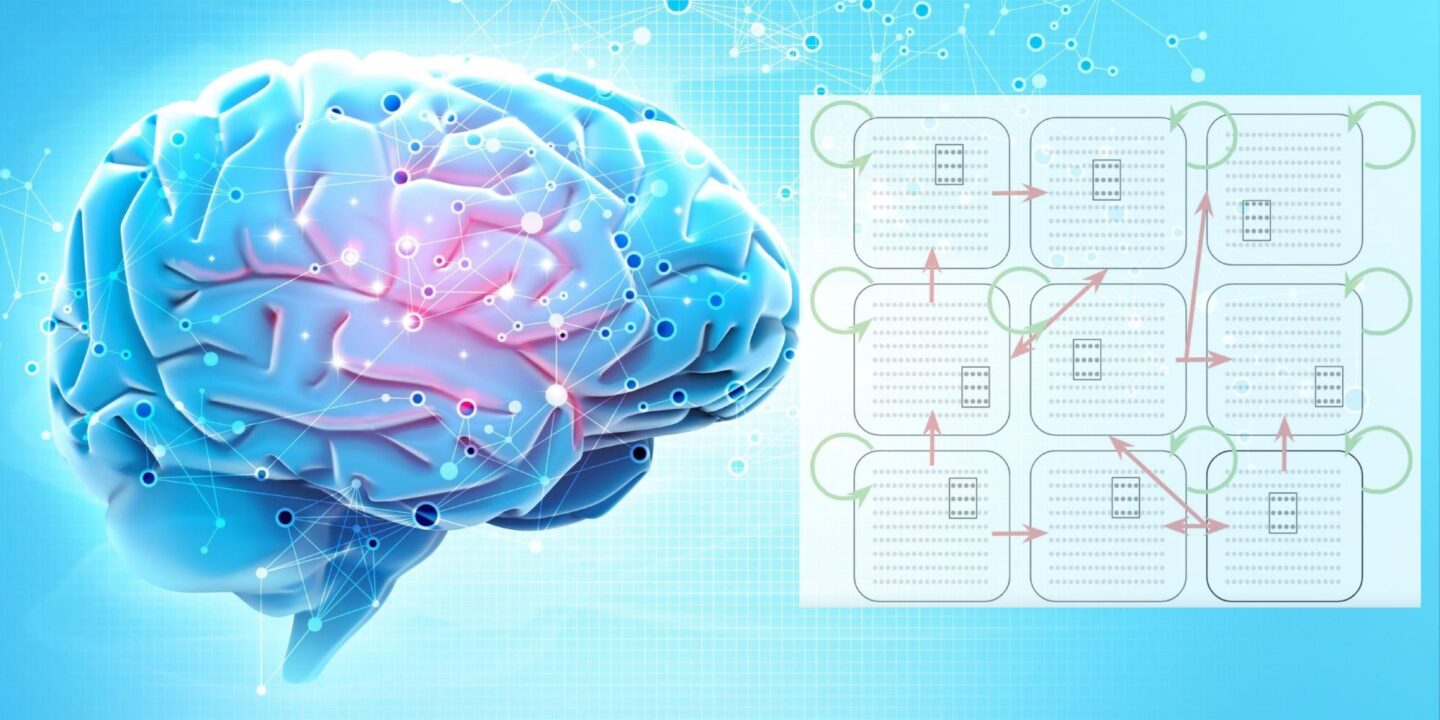Last week, Google Research held an online workshop on the conceptual understanding of deep learning. The workshop, which featured presentations by award-winning computer scientists and neuroscientists, discussed how new findings in deep learning and neuroscience can help create better artificial intelligence systems.
Copyright by venturebeat.com
While all the presentations and discussions were worth watching (and I might revisit them again in the coming weeks), one in particular stood out for me: A talk on word representations in the brain by Christos Papadimitriou, professor of computer science at Columbia University.
In his presentation, Papadimitriou, a recipient of the Gödel Prize and Knuth Prize, discussed how our growing understanding of information-processing mechanisms in the brain might help create algorithms that are more robust in understanding and engaging in conversations. Papadimitriou presented a simple and efficient model that explains how different areas of the brain inter-communicate to solve cognitive problems.
“What is happening now is perhaps one of the world’s greatest wonders,” Papadimitriou said, referring to how he was communicating with the audience. The brain translates structured knowledge into airwaves that are transferred across different mediums and reach the ears of the listener, where they are again processed and transformed into structured knowledge by the brain.
“There’s little doubt that all of this happens with spikes, neurons, and synapses. But how? This is a huge question,” Papadimitriou said. “I believe that we are going to have a much better idea of the details of how this happens over the next decade.” […]
Read more: venturebeat.com


Last week, Google Research held an online workshop on the conceptual understanding of deep learning. The workshop, which featured presentations by award-winning computer scientists and neuroscientists, discussed how new findings in deep learning and neuroscience can help create better artificial intelligence systems.
Copyright by venturebeat.com
While all the presentations and discussions were worth watching (and I might revisit them again in the coming weeks), one in particular stood out for me: A talk on word representations in the brain by Christos Papadimitriou, professor of computer science at Columbia University.
In his presentation, Papadimitriou, a recipient of the Gödel Prize and Knuth Prize, discussed how our growing understanding of information-processing mechanisms in the brain might help create algorithms that are more robust in understanding and engaging in conversations. Papadimitriou presented a simple and efficient model that explains how different areas of the brain inter-communicate to solve cognitive problems.
“What is happening now is perhaps one of the world’s greatest wonders,” Papadimitriou said, referring to how he was communicating with the audience. The brain translates structured knowledge into airwaves that are transferred across different mediums and reach the ears of the listener, where they are again processed and transformed into structured knowledge by the brain.
“There’s little doubt that all of this happens with spikes, neurons, and synapses. But how? This is a huge question,” Papadimitriou said. “I believe that we are going to have a much better idea of the details of how this happens over the next decade.” […]
Read more: venturebeat.com
Share this: